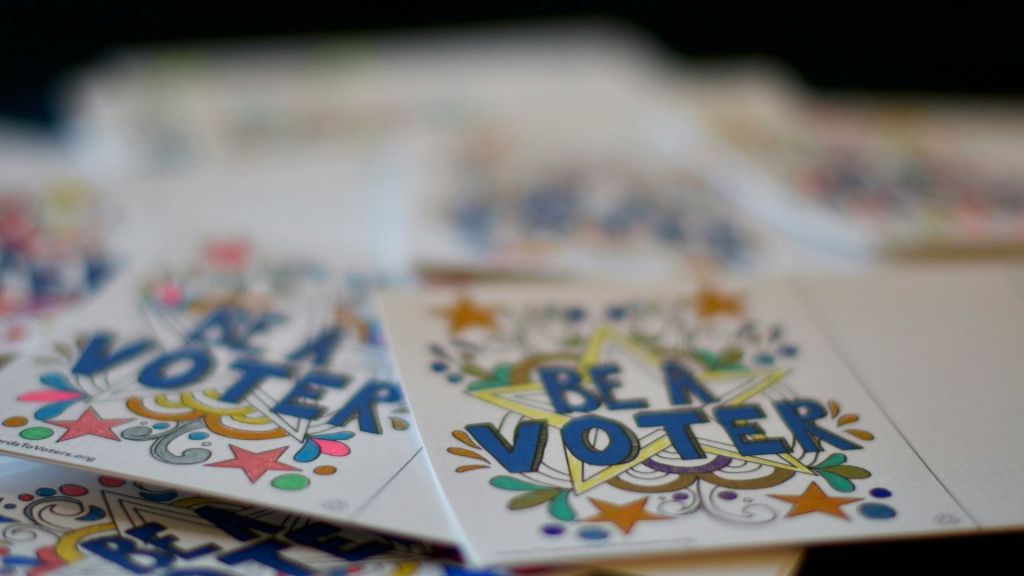By Tashi McQueen
AFRO Political Writer
tmcqueen@afro.com
With 2024 being a major election year, it is imperative that citizens of all ages have a solid understanding of how to exercise the right to vote and engage in civic duties. As the AFRO works to cover the issues and happenings of the current election year, it’s important to consider civic education in a country that boasts a democratic system.
“Civics education in K-12 prepares students to live in a democracy,” said Nina Kasniunas, an associate professor of political science at Goucher College. “It teaches students how to think critically about our governmental system and gives them the knowledge and ability to think about and address the problems that arise in our society.”
According to Civics for Life, an initiative through the Sandra Day O’Connor Institute for American Democracy, civic education helps to foster a sense of national identity, helps people understand their rights, encourages civic responsibility and helps create meaningful participation in society.
Social studies standards in Tennessee include lessons about American identity as citizens, the various levels of the political system, and its purpose and how it functions. Maryland’s social studies standards include teaching youth the historical development of the foundational processes of authority and power in American society and helping students question them to gain a better understanding of them.
“Research has shown that having a strong foundation in civics education leads to greater civic engagement as adults,” said Kasniunas. “Without a good civics education, we risk a generation that’s unprepared to step up to leadership roles in our democracy.”
It appears that youth in recent years have heard the call, with increased voter turnouts in the 2022 and 2018 midterm elections. They are also exercising their rights by protesting at college campuses over the nation’s stance and involvement in the Israel-Hamas war.
In addition, younger people are running for notable offices across the country, and some have even won their campaigns, such as Congressman Maxwell Frost (D-Fla.-10) and Maryland State Dels. Jeffrie Long (D-Md.-27B) and Joe Vogel (D-Md.-17). Frost, Long, and Vogel were 25 when they were elected.
“Young people need civics education because it helps them understand their responsibilities and power as citizens,” said Mileah Kromer, director of the Sarah T. Hughes Center for Politics. “A robust civics education is a building block– a necessary foundation– for future change-makers. You can’t expect to improve this country unless you know exactly how government functions and where power is held.”
Though American schools put an emphasis on preparing youth for their civic responsibilities, it is not common practice for every American school to remind and register 17-18-year-old high schoolers of their civic duty to vote.
According to a survey by the Center for Information and Research on Civic Learning (CIRCLE) and Engagement, an independent research organization, about two-thirds of respondents, 64 percent, said they were encouraged to vote in high school, while 50 percent say they were taught how to register to vote. CIRCLE found that youth who said they were encouraged to vote or taught how to register to vote in high school are more likely to vote and participate in other civic activities.
According to CIRCLE, about 50 percent of eligible youth, ages 18-29, voted in the 2020 presidential election.
Kasniunas says while adults are important in the process of learning civics, youth can and should take responsibility as well.
“When students take the initiative, it’s a practice that is more likely to become a lifelong habit,” said Kasniunas. “If you do it for them, it’s not as likely to have the same effect. We want students to have agency to vote because they understand why it’s important.”
Tashi McQueen is a Report For America corps member.
The post A time to educate: The importance of civic studies in K-12 classrooms appeared first on AFRO American Newspapers.










